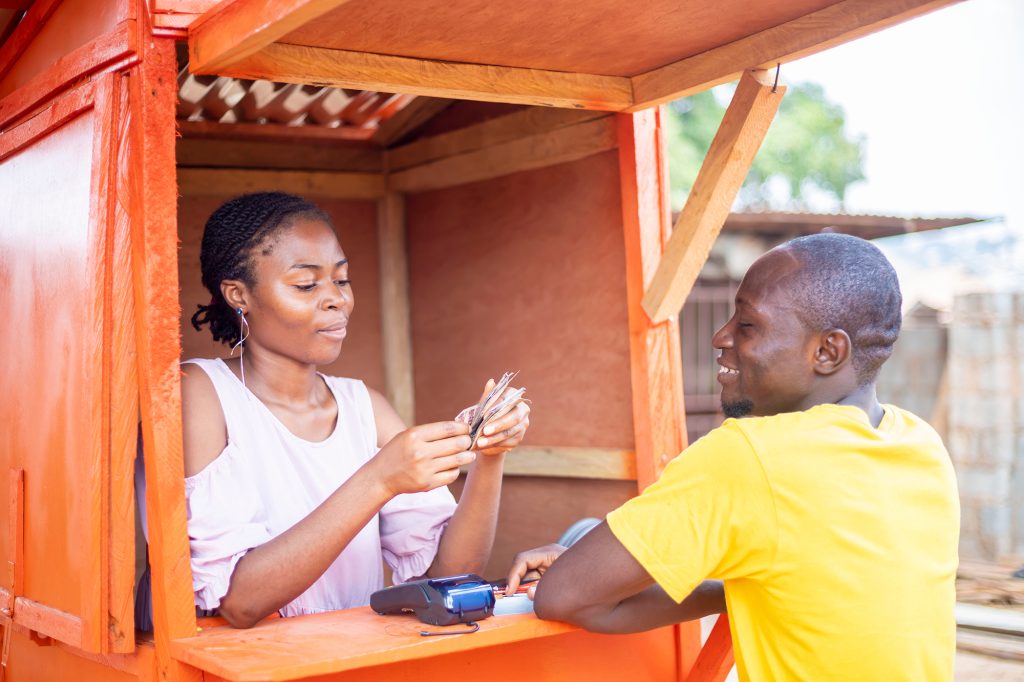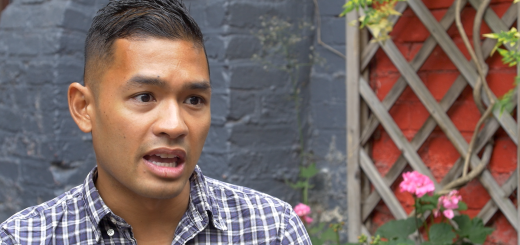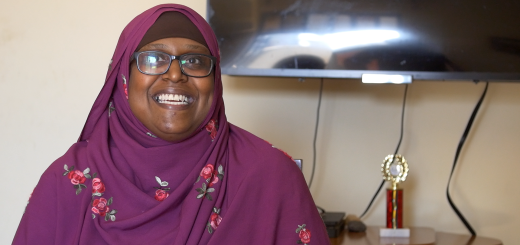Is Cash King?
The debate about direct cash transfers has been going on for some time with organisations such as Give Directly arguing that simply giving people money without conditions is the most efficient way to lift communities out of poverty.
The counter argument from more traditional charities is that people can’t be trusted to spend the money wisely, and that it’s more important to work out they need now (for example, food) and give it to them. This, of course, can be seen as demeaning to the recipient and as a stand-alone policy is far from sustainable.
The principle of direct cash grants appears to work globally across a range of economies and cultures. A study in Canada, reported by the Guardian, revealed that making cash grants to homeless people was actually more cost efficient that providing shelter and food. It also appeared to be more sustainable by empowering people to lift themselves out of poverty leading them to permanent homes and jobs.
The Canadian project was contrasted in the Guardian report with a 2002 policy in San Francisco where the city supervisor cut welfare to homeless people from US$395 a month to just US$59. The argument was that unconditional cash given to the homeless led to drug and alcohol abuse. It was a vote winner in the city – it appeared that most people tended to believe that the poor and homeless would spend money on “Temptation goods” such as drugs, alcohol and cigarettes.
In Vancouver, however, the study created by the New Leaf Project contradicted this argument and found that cash gave “people the flexibility to address their issues without bureaucratic complications.” Indeed, it appeared that giving cash grants saved the city money in the long run.
Critics argue that the sample was small, and the needs of the homeless, and the poor in general across the world, are very complex.
The idea took its most severe blow when one of the greatest proponents of cash handouts, Give Directly, was hit by a US$900,000 fraud in the Democratic Republic of the Congo. The money wasn’t stolen or misspent by the intended recipients, however, but by locally employed Give Directly staff who stole SIM cards that were destined for impoverished households who were supposed to receive their money by mobile transfer.
The fraud is not widely seen as a reflection on the idea of Direct Cash. Oliver May, former head of counter-fraud for Oxfam and current leader of Deloitte Australia’s international development practice, told The New Humanitarian: “I haven’t seen any compelling evidence that cash assistance schemes are at a higher risk of fraud than any other form of assistance.”
Give Directly is widely believed to be the largest NGO involved exclusively in cash transfers and since 2009 claims to have delivered over US$700 million to around 1.5 million people living in poverty across the globe. Recent advances in technology, especially mobile payment systems, has made the process of getting cash to those who need it more efficient and usually offers greater security (despite the DRC fraud). Various studies quoted by GiveDirectly support the idea that giving cash is more effective and sustainable than other forms of aid, and empowers recipients to make their own decisions based on their own, unique circumstances.




